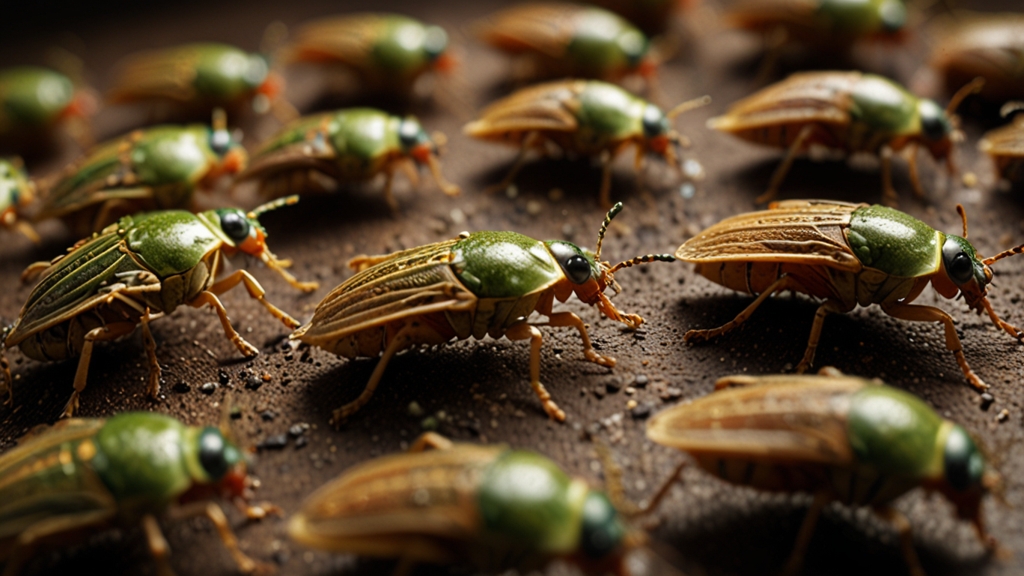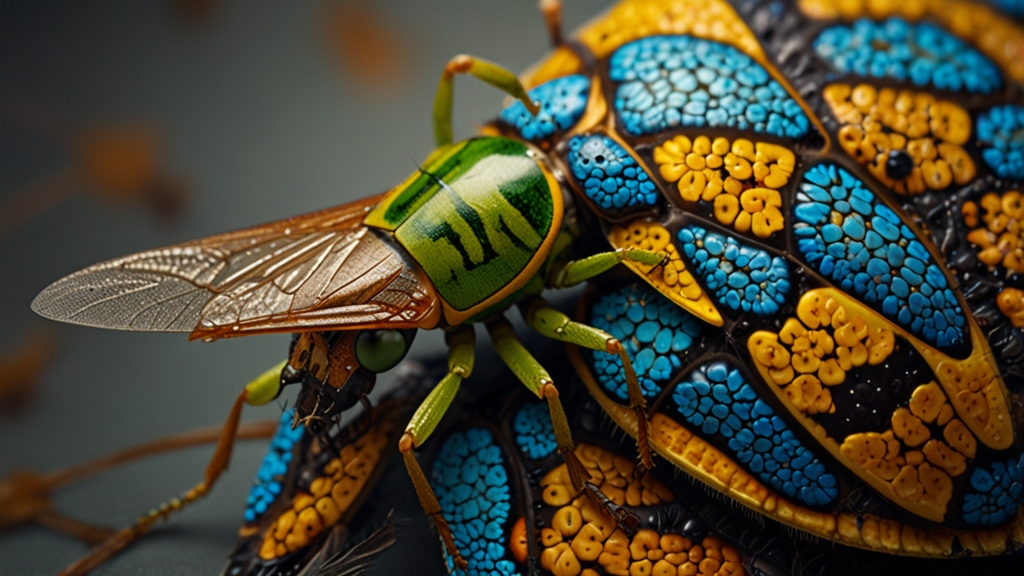The Rise of Insect Cuisine: Are Bugs the Future of Food?
As the world's population continues to skyrocket and environmental concerns intensify, the search for sustainable and nutritious food sources has never been more critical. In recent years, there has been a growing interest in insect cuisine as a viable solution to these challenges. Once considered a novelty or even a taboo, eating insects is now gaining traction across the globe. Are bugs the future of food? Let's delve into the reasons behind this culinary shift and explore what the future might hold.
Nutritional Powerhouses
Insects are nutritional powerhouses, packed with protein, vitamins, and minerals. For example, crickets boast a protein content comparable to beef but with half the calories. Additionally, insects are rich in essential amino acids, omega-3 fatty acids, and micronutrients such as iron and calcium. These qualities make them an attractive alternative to traditional livestock, which often lack such nutrient density.
"Edible insects are a valuable source of animal protein and can significantly contribute to food security and nutrition." - Food and Agriculture Organization of the United Nations
Environmental Benefits
The environmental footprint of livestock farming is substantial, contributing to greenhouse gas emissions, deforestation, and excessive water usage. In contrast, insects require fewer resources to raise and emit much lower levels of greenhouse gases. For instance, producing one kilogram of beef requires 22,000 liters of water, while the same amount of crickets requires just one liter. This stark difference underscores the potential of insect farming as a more sustainable practice.
Moreover, many insects can thrive on organic waste, helping to recycle nutrients and reduce food waste. By integrating insects into our food systems, we can take significant steps towards a more sustainable future.
Cultural Acceptance and Culinary Innovation
The concept of eating insects is not new. In fact, it has long been a part of traditional diets in many cultures around the world, from Africa and Asia to South America. However, the challenge lies in overcoming cultural stigmas in Western societies. Thanks to innovative approaches by chefs and food companies, insects are now being reintroduced in more palatable and familiar forms such as protein bars, flours, and even gourmet dishes.
"We're seeing an emergence of edible insects in mainstream cuisine, transforming them from niche novelty to the next big thing in food innovation." - Food Industry Analyst
Gourmet restaurants are experimenting with insect-based recipes, incorporating crickets, mealworms, and grasshoppers into everything from appetizers to desserts. Culinary creativity is driving the acceptance of insect cuisine, making it more appealing to a broader audience.
The Economic Aspect
Insect farming presents significant economic opportunities, particularly for developing countries where traditional agriculture may be less viable. Small-scale insect farms can provide livelihoods and contribute to local economies, while also offering a source of affordable nutrition. As the demand for sustainable protein sources grows, the insect farming industry is poised for considerable expansion.
"Insect farming could become a vibrant agribusiness sector, generating income and improving food security in many parts of the world." - Agricultural Economist
Challenges and Future Outlook
Despite its promise, the insect cuisine industry faces several challenges. Regulatory frameworks need to be established and standardized to ensure food safety and quality. Consumer education and awareness campaigns are essential to dispel myths and fears associated with eating insects. Additionally, scaling up production to meet growing demand will require significant investment and innovation in farming practices.
Nevertheless, the future of insect cuisine looks promising. As sustainability and health continue to forefront global priorities, the shift towards insect-based foods may become an integral part of our dietary landscape. With ongoing advancements in processing and product development, insects could very well be the food of the future.
In conclusion, the rise of insect cuisine represents a confluence of tradition and innovation. By integrating insects into our diets, we not only gain access to nutrient-dense food sources but also take a vital step towards a more sustainable and resilient food system. Embracing this change might just be the key to feeding the future.









